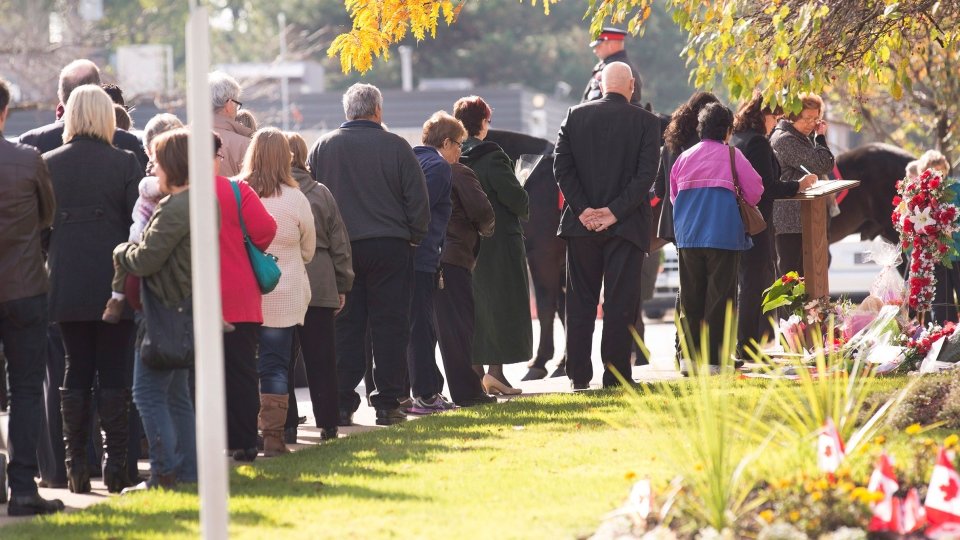I Am Next in Line, What Do I Say?
Funerals can be awkward times. How do you accurately express sympathy with friends or family who have lost a loved one? It’s much worse at a memorial or the funeral itself. With the crowds of people attending, it’s easy to feel like you’re just overwhelming the mourners. All too often, we settle for a limp handshake and a mumbled apology.
If you’re unsure of how to act or what to say, here’s a brief overview of what to say and what not to say.
What Not to Say
Before anything else, you need to know what not to say. Things like “at least she lived a long life, many people die young,” “they’re in a better place,” “everything happens for a reason,” “I know how you feel,” or “be strong,” at best sound empty or at worst can hurt or anger the mourners.
Don’t deny or belittle the emotions they’re going through. Give them enough space and time to breathe and grieve. Another thing to avoid is trying to find an upside. “At least, he died suddenly, rather than after a prolonged illness,” or “at least she lived long enough to say goodbye,” can be seen as incredibly offensive, and if you’re thinking of saying something similar, you should consider your choice of words very carefully.
What You Should Say
Many people are at a loss for words when it comes to comforting someone who is grieving. If you don't know what to say, keep it simple. “I’m so sorry for your loss.” “The deceased will be sorely missed by all of us.” “I know how much the deceased loved and cared for those they left behind.” Talk about how much you cared for the deceased and how bereaved you feel.
Telling stories and sharing warm remembrances about the person who has died can be good things to lead with. Remind the mourners of their accomplishments in their lifetime and what they meant to you will be much more appreciated than a “sorry for your loss.”
If you’re unsure of what to say, think of your relationship with the deceased, whom you are saying this to and whom you are saying this about. Think of the reason YOU liked them and why you are there at this time. With that in mind, you will probably be able to find something perfect for their family to hear.
Do what you can to offer comfort and assistance, but try to be aware of any sign that your help is no longer needed. Don’t crowd the mourners or keep any other guests from speaking to them. The goal is to try and help make a terribly difficult situation a little easier, but if you can’t do that, at least don’t make it more awkward.


 OFFICE Hours
OFFICE Hours 216 Queen St.
216 Queen St.
Comments